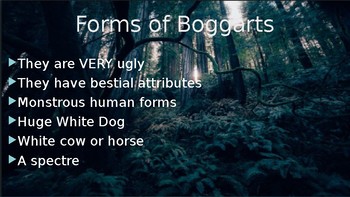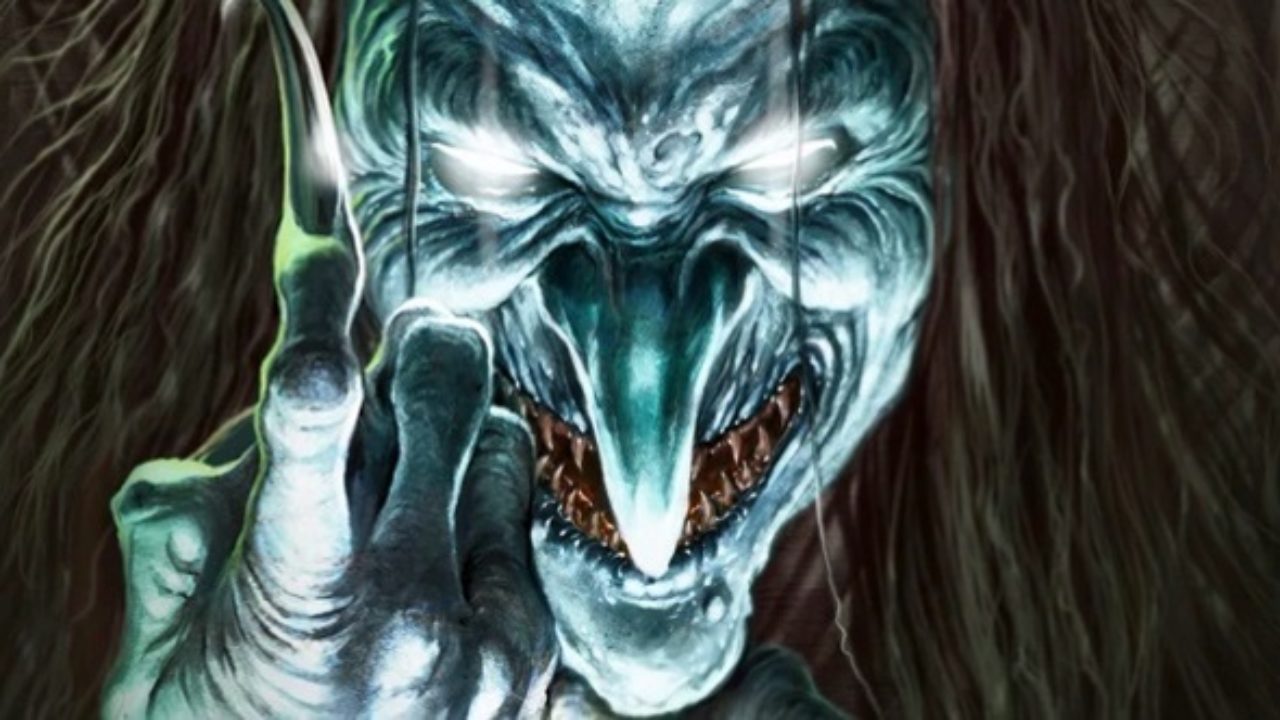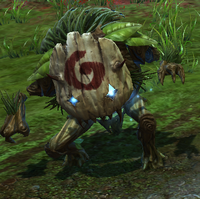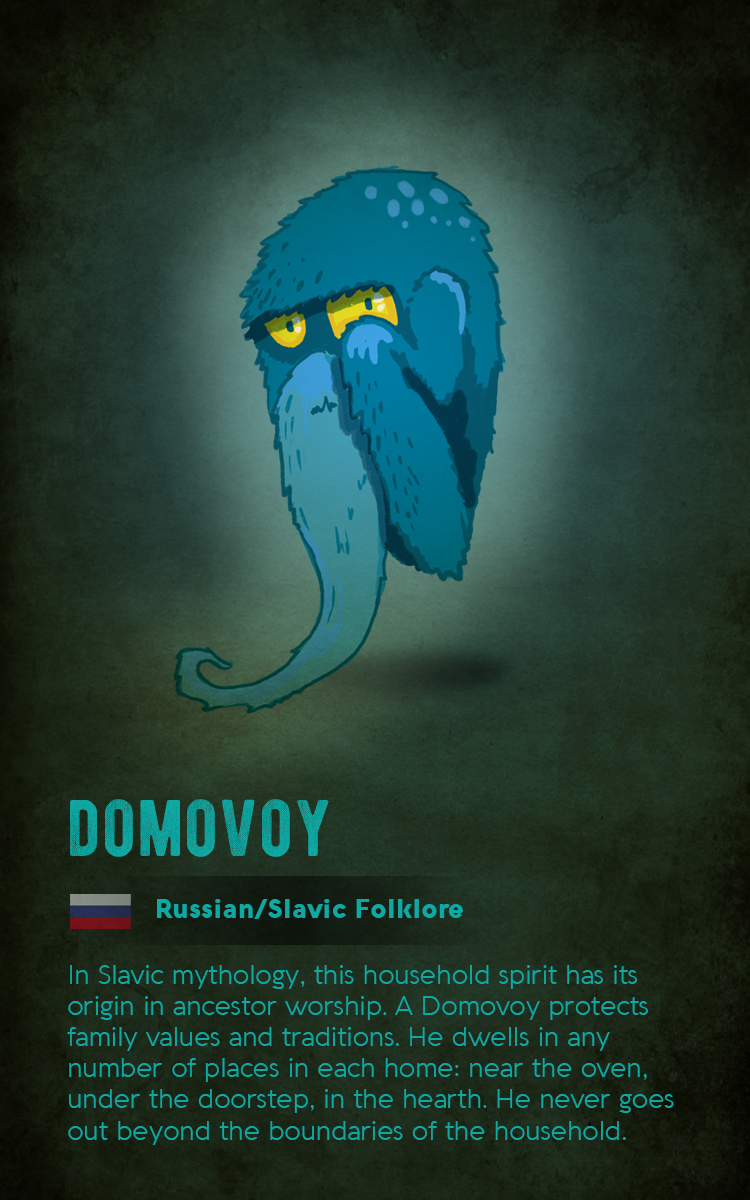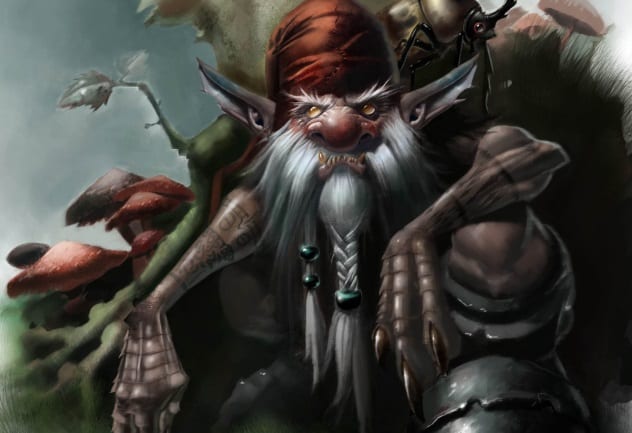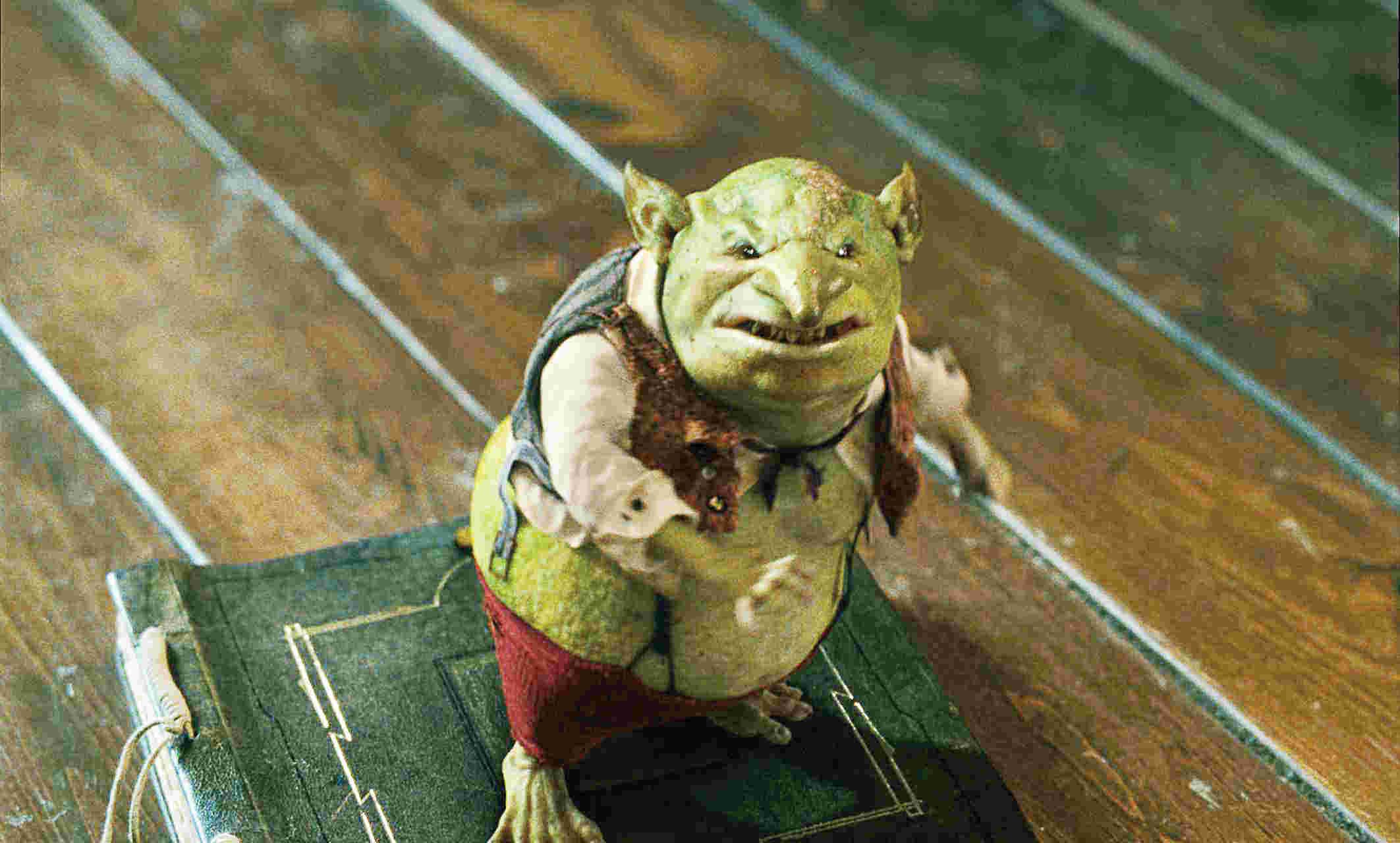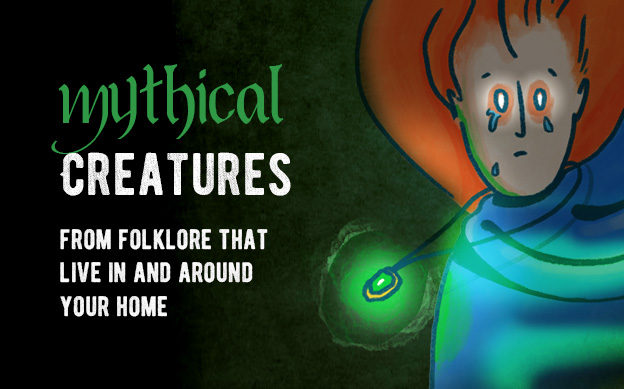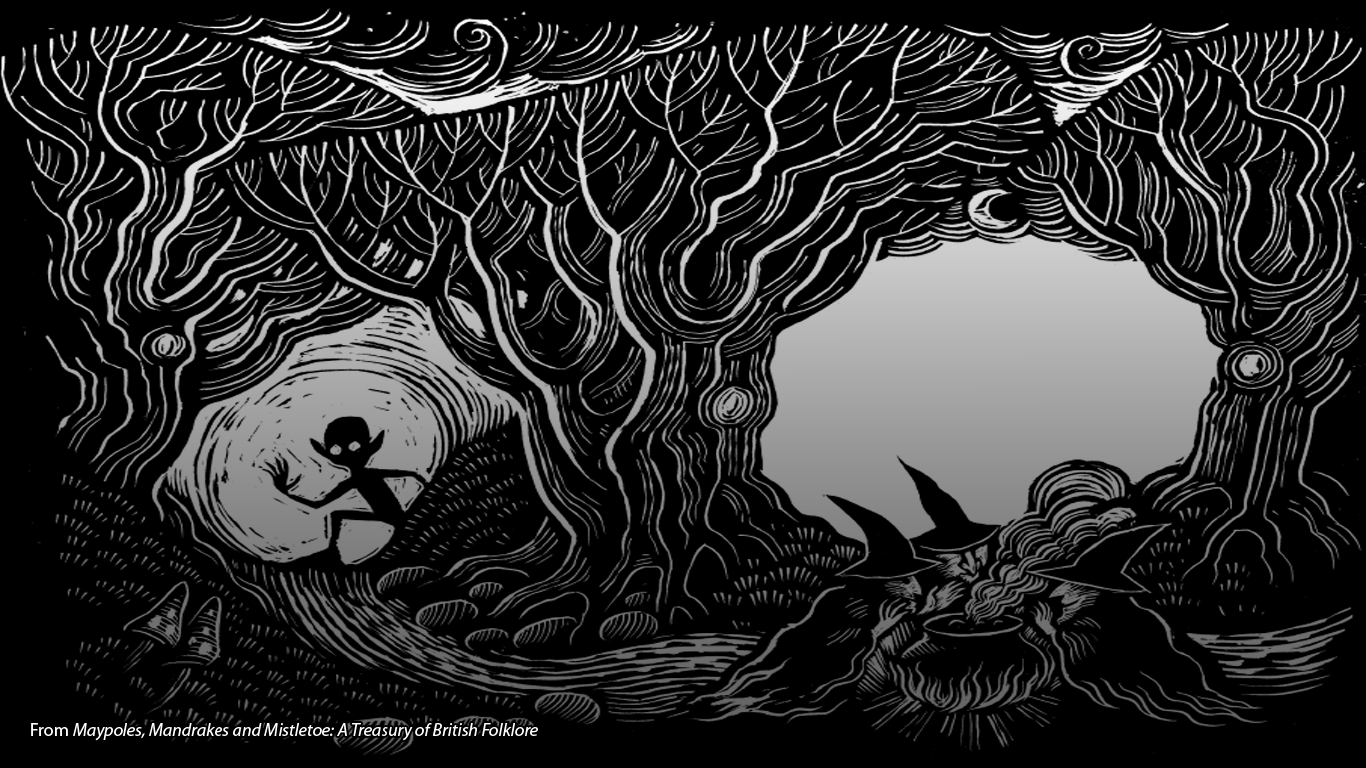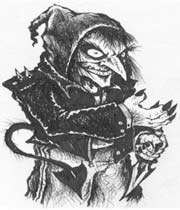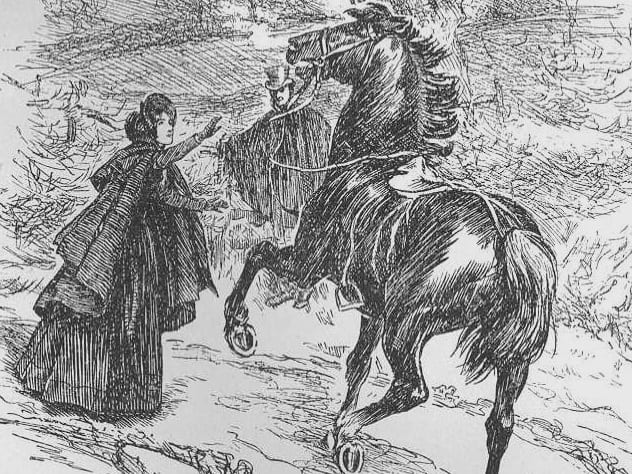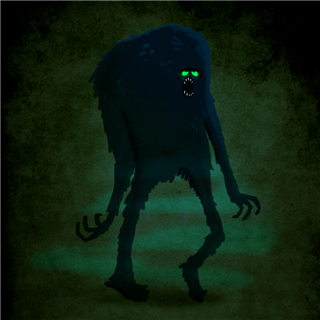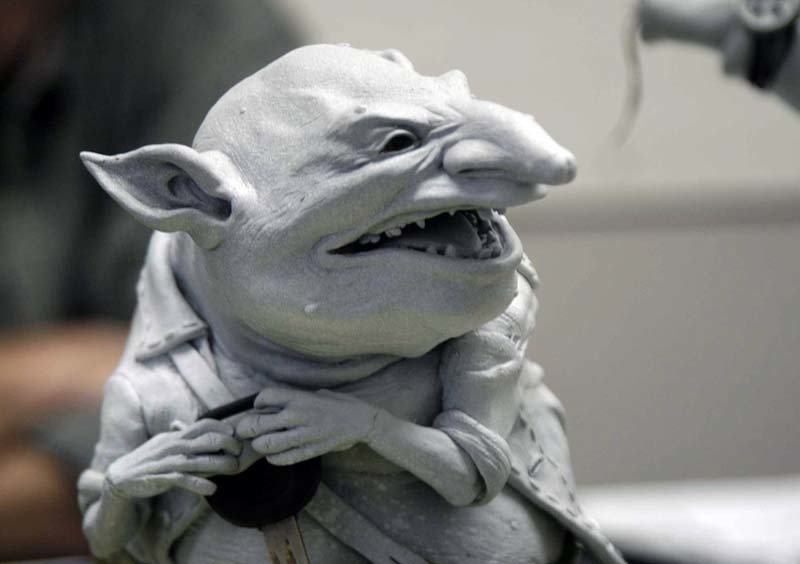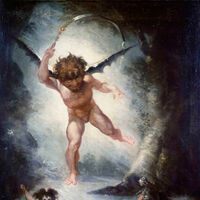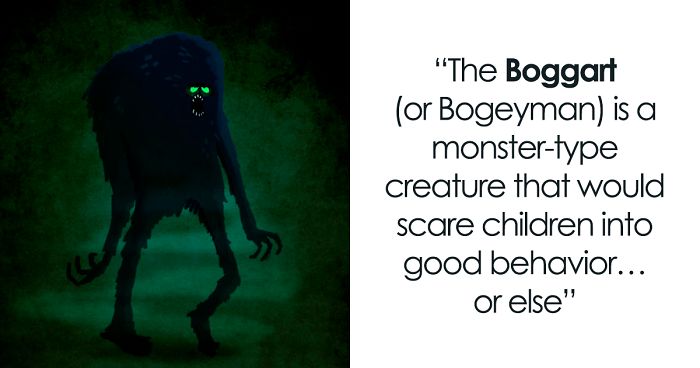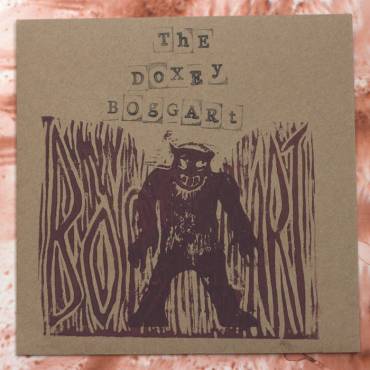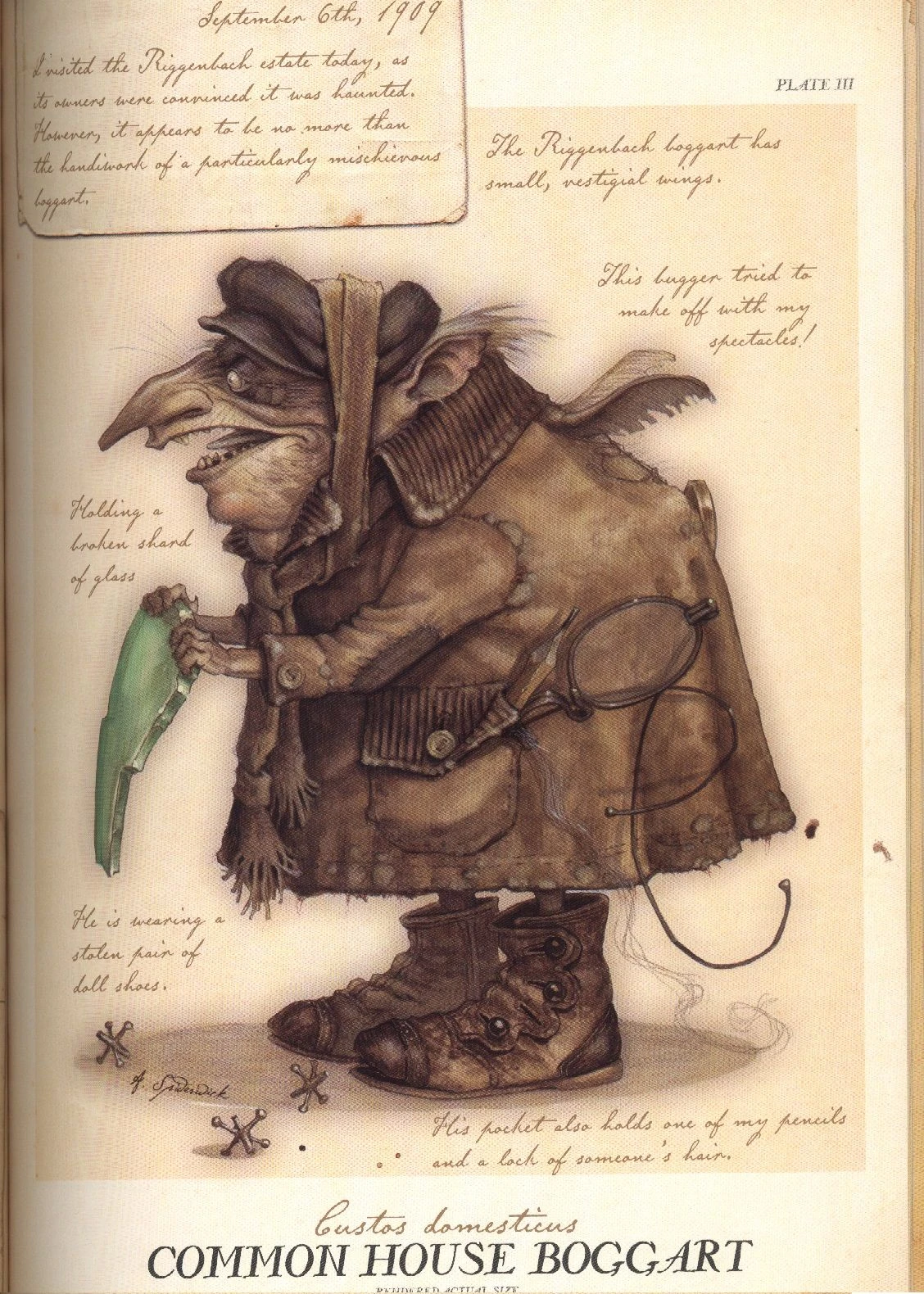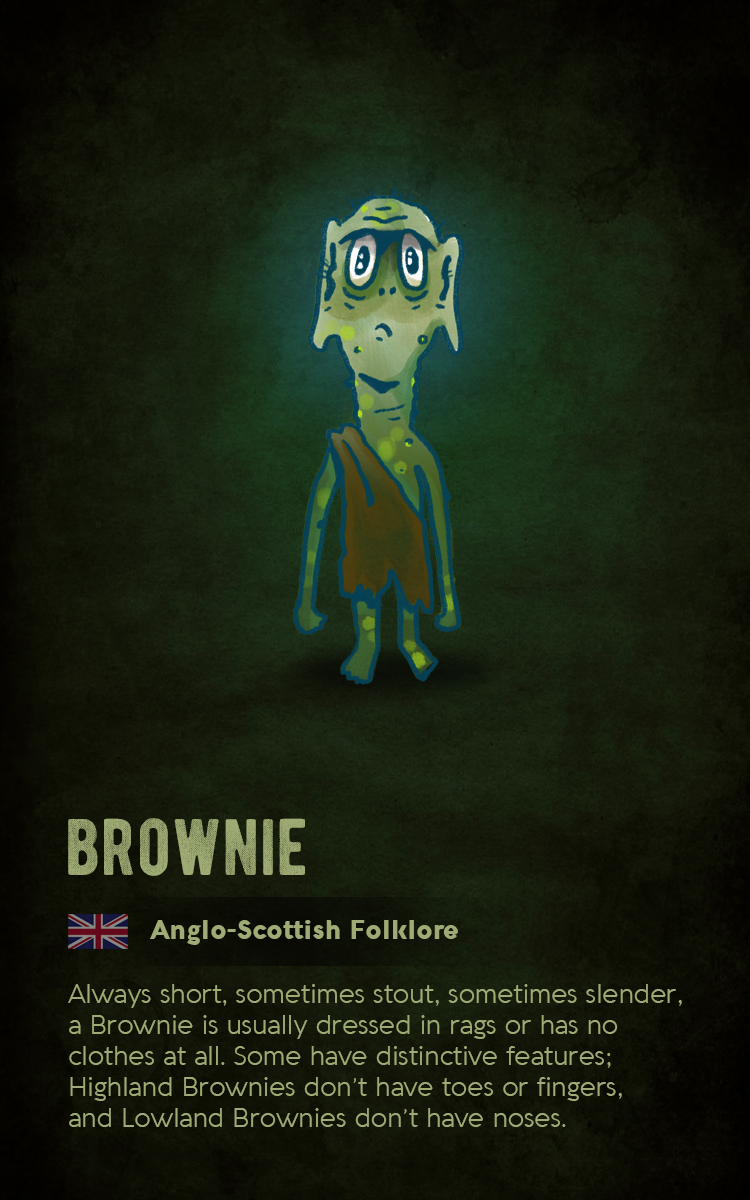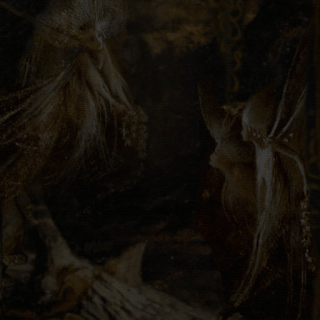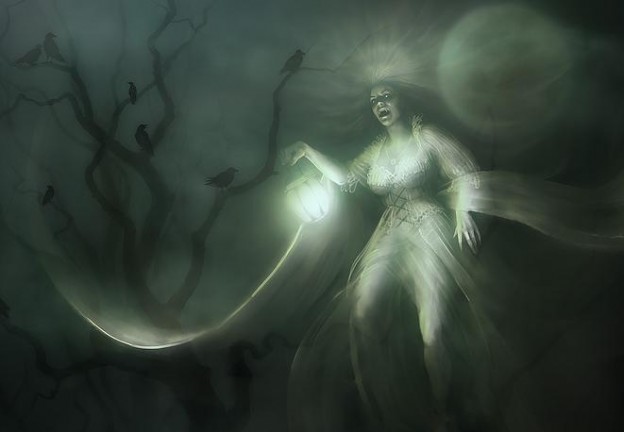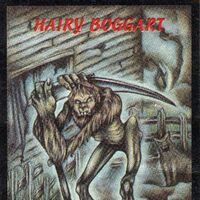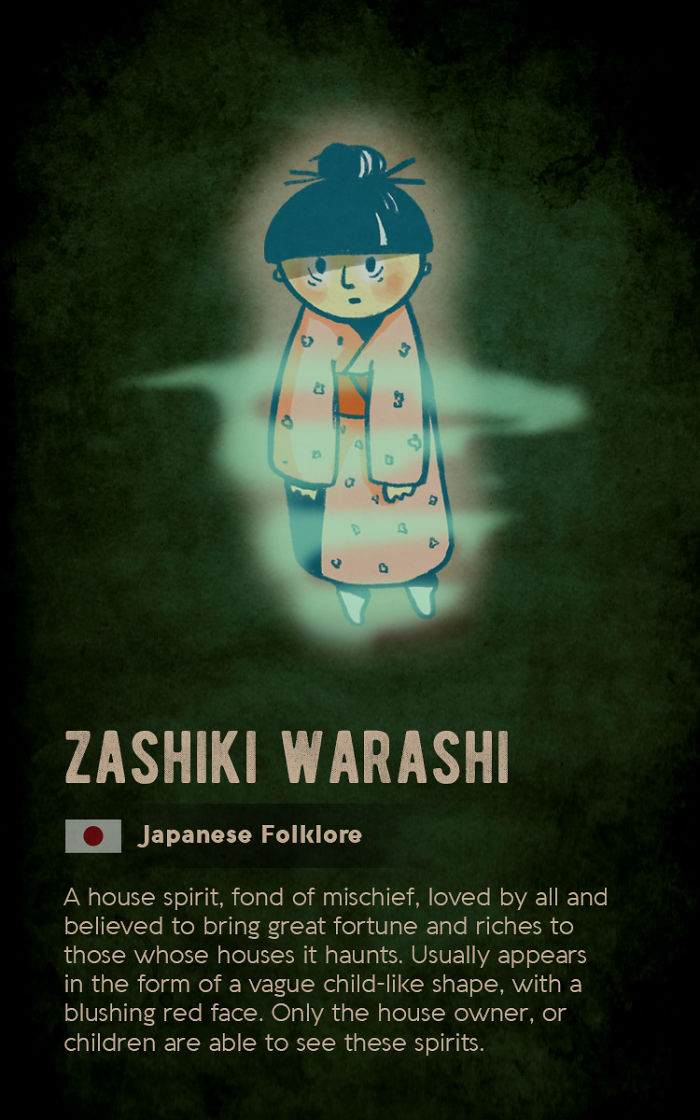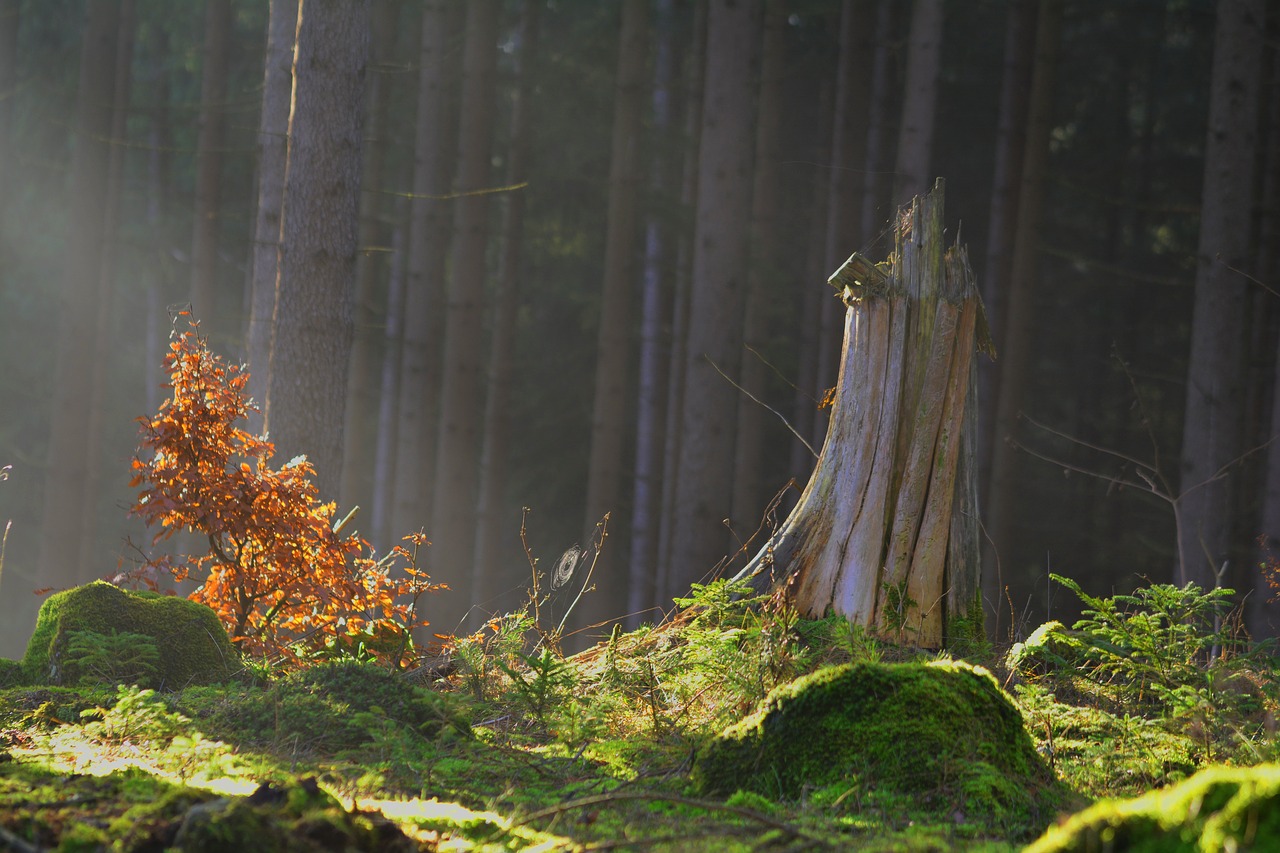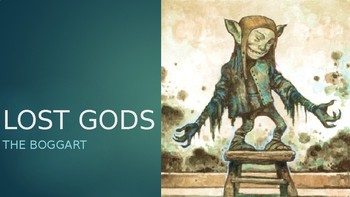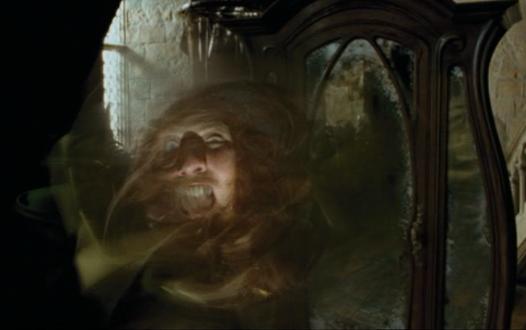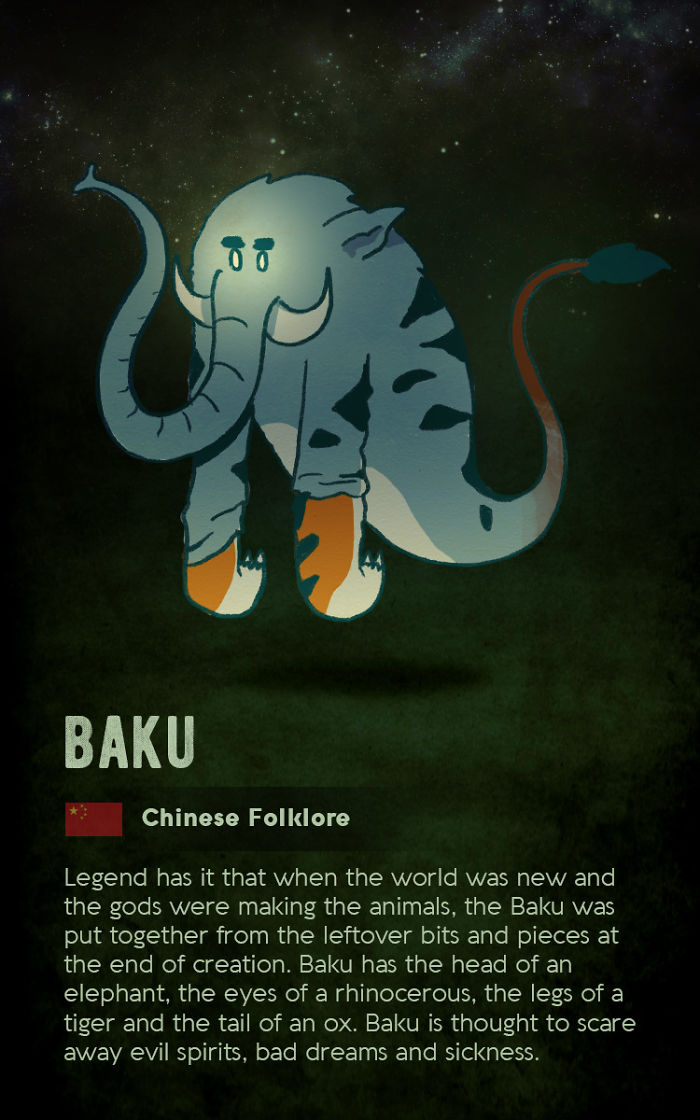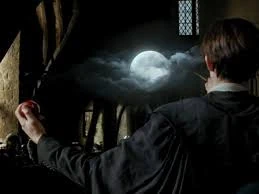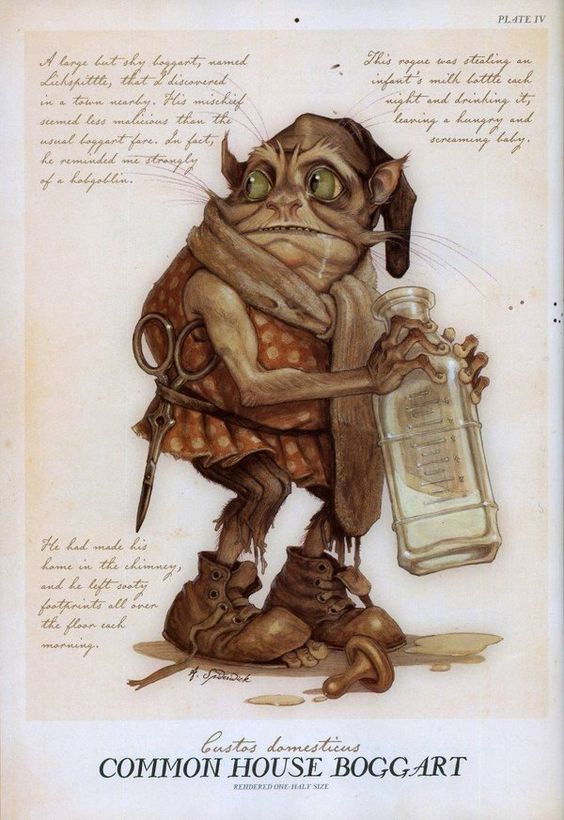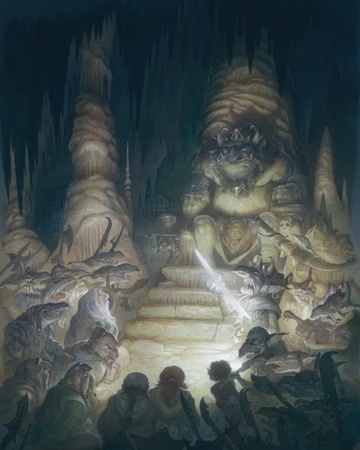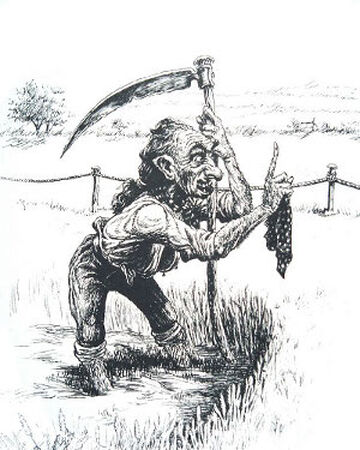(Liste) Boggart English Folklore

They are the source of all sorts of wrongdoing and mischief from food going bad to death of animals and much more.
Boggart english folklore. Boggarts were mischievous spirits responsible for mishaps and poltergeist activity within the home and in the countryside. They were sometimes described as shape shifters. And when once it had taken possession it disputed the right of domicile with the legal mortal tenant in a very unneighbourly and arbitrary manner. It is generally a household spirit turned malevolent trickster or mishcevious goblin like creature. In the folklore of north west england boggarts live under bridges on dangerous sharp bends on roads and it is considered bad luck for drivers not to offer their polite greetings as they cross. Boggart also called a bogey bogeyman bogle or bugbear is a term used for a creature in english folklore. The name is derived from the welsh bwg.
They often aim to frighten or play tricks on people but are sometimes known to help as. A boggart intruded himself upon what pretext or by what authority is unknown into the house of a quiet inoffensive and laborious farmer. Boggart t he boggart is a household spirit or hobgoblin i e mischievous imp of the english folklore that can take numerous forms. According to traditional fairy tales boggarts love to hide in dark spaces such as unused attics or cellars cupboards or under beds. Once attached to a family the boggart will pester them forever chasing them wherever they may run and making their belongings disappear. The boggart is most commonly found in the counties of yorkshire and lancashire its name appears in places such as boggart s clough and boggart s hole in lancashire. The boggarts inhabiting marshes or holes in the ground are.
They would rearrange furniture break pots and generally be blamed for things that go bump in the night. This means that they re tied to a particular place usually a family s home. A boggart is a creature in english folklore either a household spirit or a malevolent genius loci inhabiting fields marshes or other topographical features. Other names of this group include bug bugbear bogey bogun bogeyman bogle etc presumably all derived from old english pūcel irish púca and welsh bwg with the same meaning. In english folklore however a boggart was a kind of evil creature which attached itself to families or households and was a nuisance. The boggart is a malicious and mischevious creature in british folklore who haunts houses farms and areas. The form it chooses depends of his mischievous intentions however whichever form they take it is only rarely that they materialize and therefore only specific boggarts will have a description.




